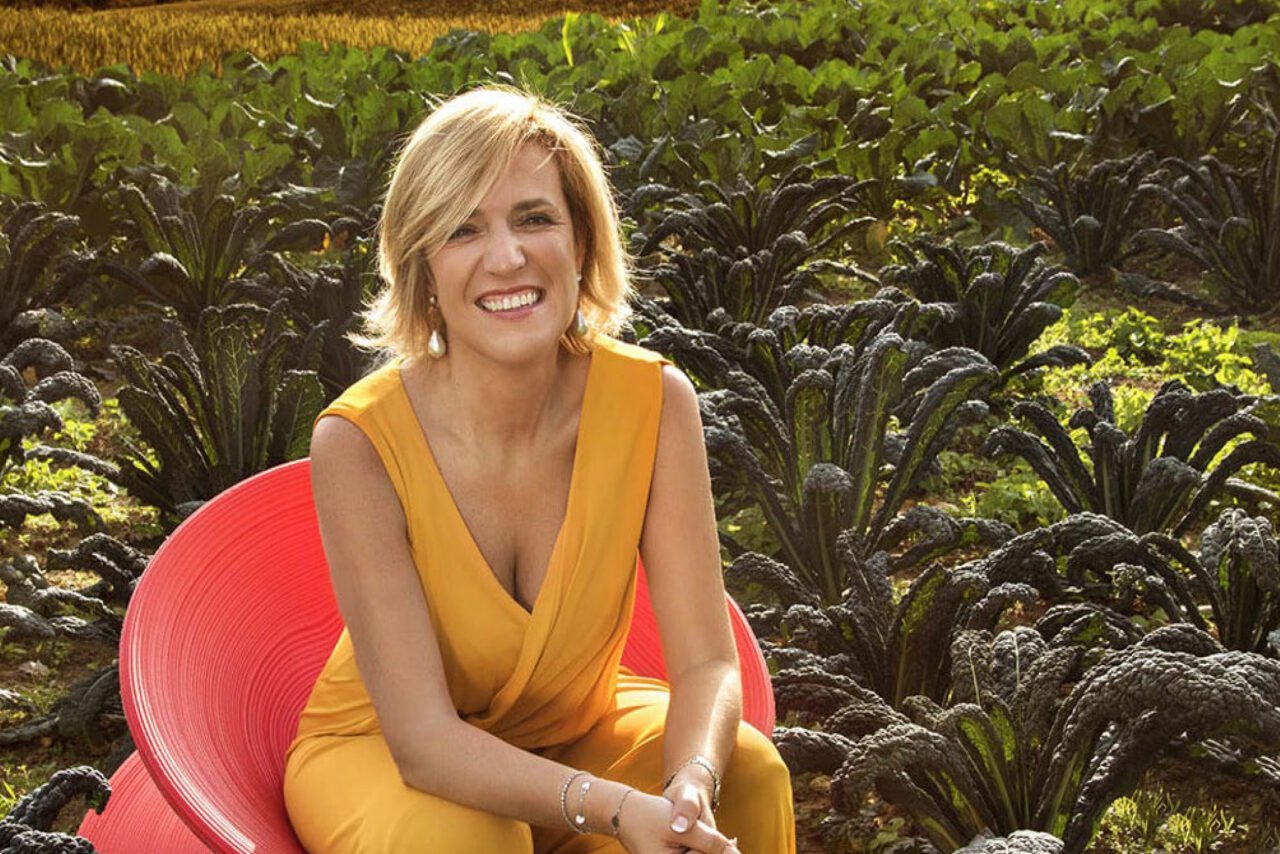In a world with limited resources, where more is consumed than what is actually available, adopting a sustainable approach to travel is no longer a choice—it’s a necessity. Consider that, on average, the environmental impact of tourists is estimated to be three times greater than that of residents, a gap that tends to widen particularly in emerging destination countries.
International initiatives—such as the Glasgow Declaration on Tourism, signed in 2021 during COP 26—awareness campaigns, and media attention have certainly contributed to raising sensitivity around this issue. However, tourists often prove to be less sustainable in practice than they intend, as they are not adequately informed, encouraged, or supported in a simple and transparent way.
Such a need becomes even more evident when we consider food and wine tourism. Sustainability is a key driver for choosing food-related experiences, capturing attention and encouraging participation. In fact, 1 in 2 tourists would like to find green options, with a preference for tastings, lunches, and/or dinners based solely on local products. Business practices and social initiatives are also taken into account, debunking the common belief that sustainability is only about the environment.
But how can we turn this interest into concrete actions that generate lasting and widespread benefits?
The Charter for the Sustainable Food and Wine Tourist (CarTES) aims to be a practical tool that enables travelers to experience gastronomy while respecting the environment, culture, and local communities. It provides guidelines and practical suggestions—such as how to choose green-certified destinations, how to calculate one’s individual ecological footprint, and why adopting a healthier diet like the Mediterranean Diet is beneficial—while also explaining the rationale behind these actions. It is not simply a checklist of what to do before, during, and after the trip, but a tool that educates, promotes, and encourages sustainable behaviors by explaining their underlying reasons.
In this document, we aim to present the Charter by explaining and exploring the relevance of this topic in light of the current context. This step is crucial, as it highlights the international initiatives undertaken on the subject of sustainability, the impacts of tourists and tourism on climate change, and the actual behaviors and desires of travelers. Only afterward do we focus on the Charter itself, outlining the behaviors to adopt before, during, and after the trip, along with the reasons that justify their adoption.
For this initiative aimed at tourists—which represents the first “building block” of a broader journey—to succeed, it is essential to have the contribution of all actors in the supply chain, including trade associations, local authorities, companies, protection consortia, individual operators, and citizens, in its promotion and implementation. A joint effort creates widespread benefits for businesses, the region, local communities, and tourists, fostering a network of awareness and collaboration. This approach encourages the entire Italian agri-food and wine sector to not only excel in terms of production (especially in sustainability) but also to become a benchmark in the tourism industry through the dissemination of best practices and virtuous behavior.
Presidente Associazione Italiana
Turismo Enogastronomico


